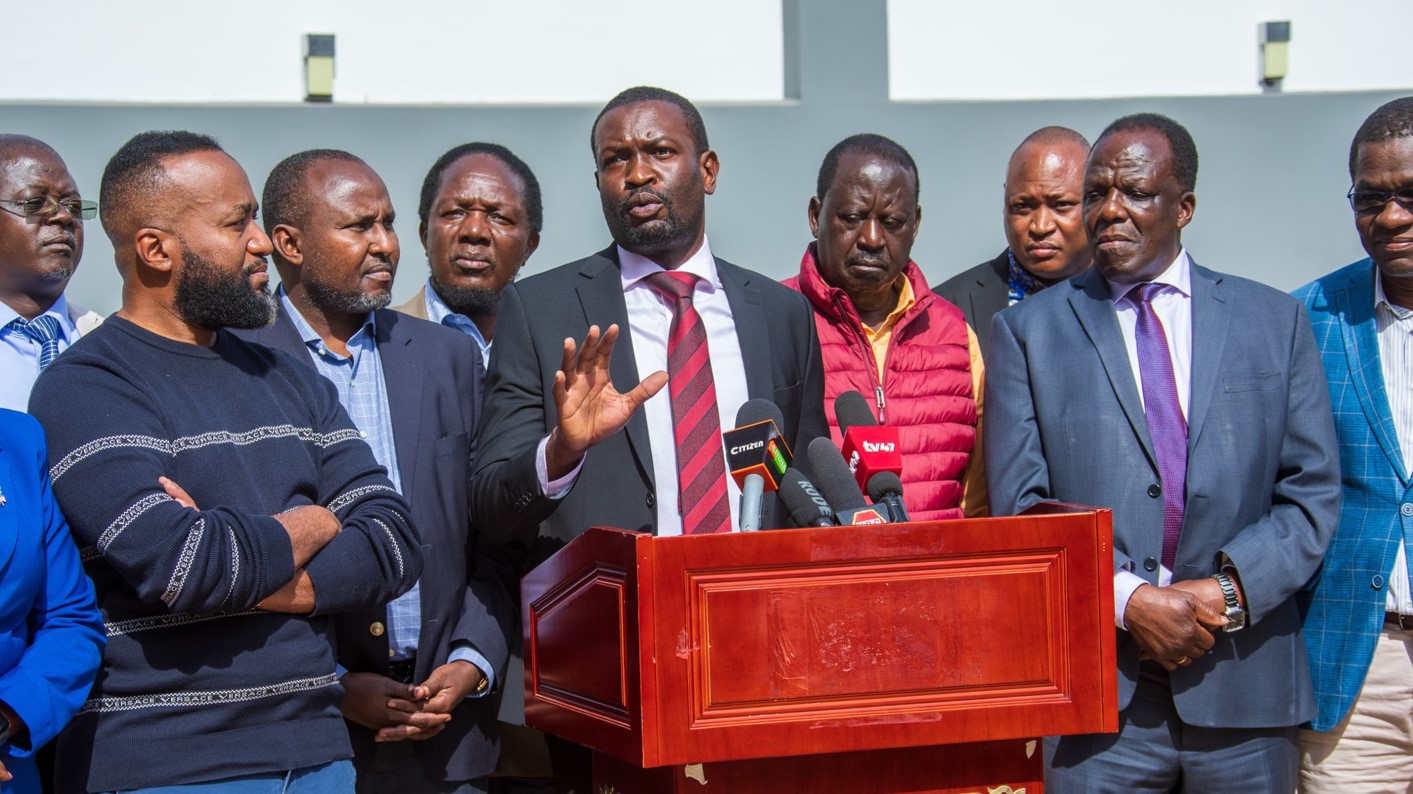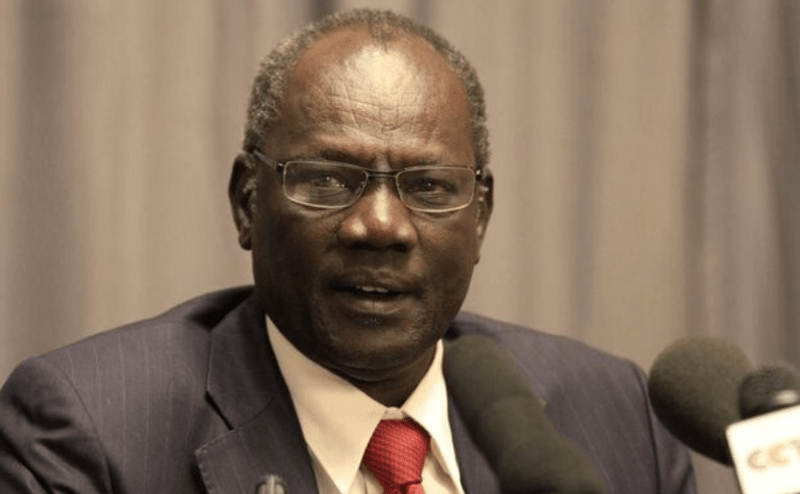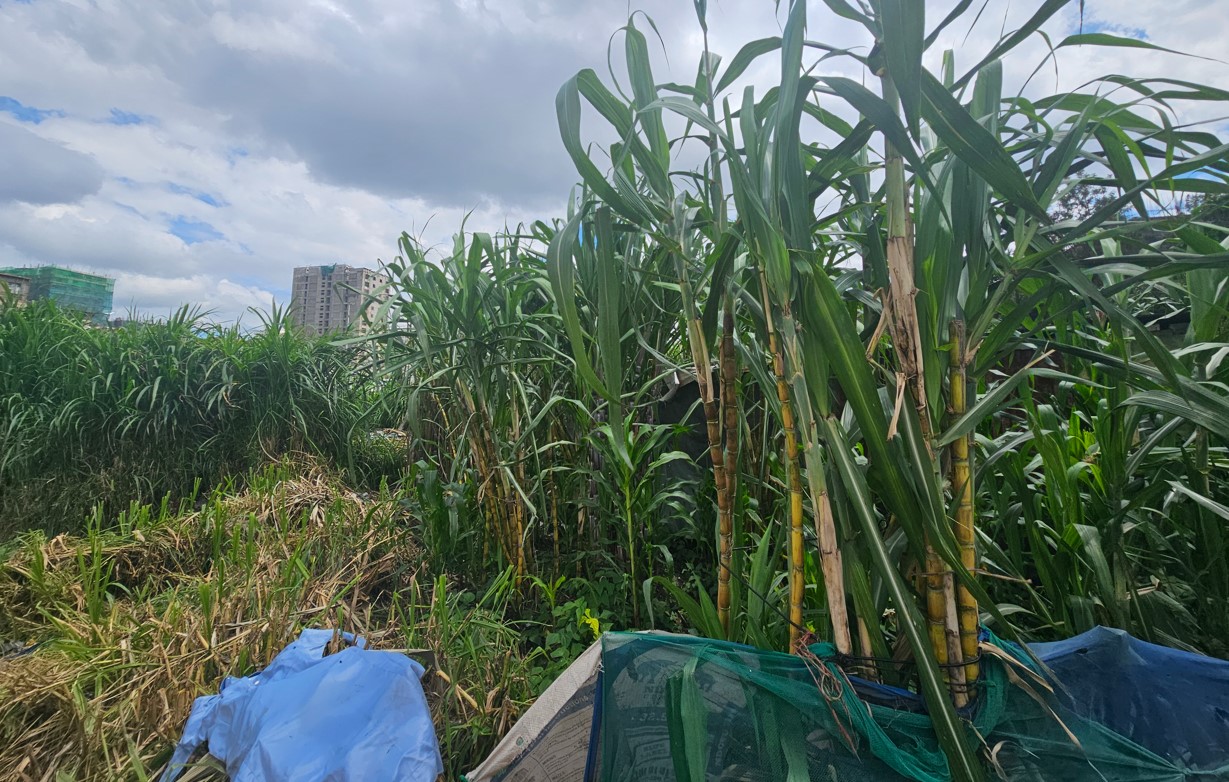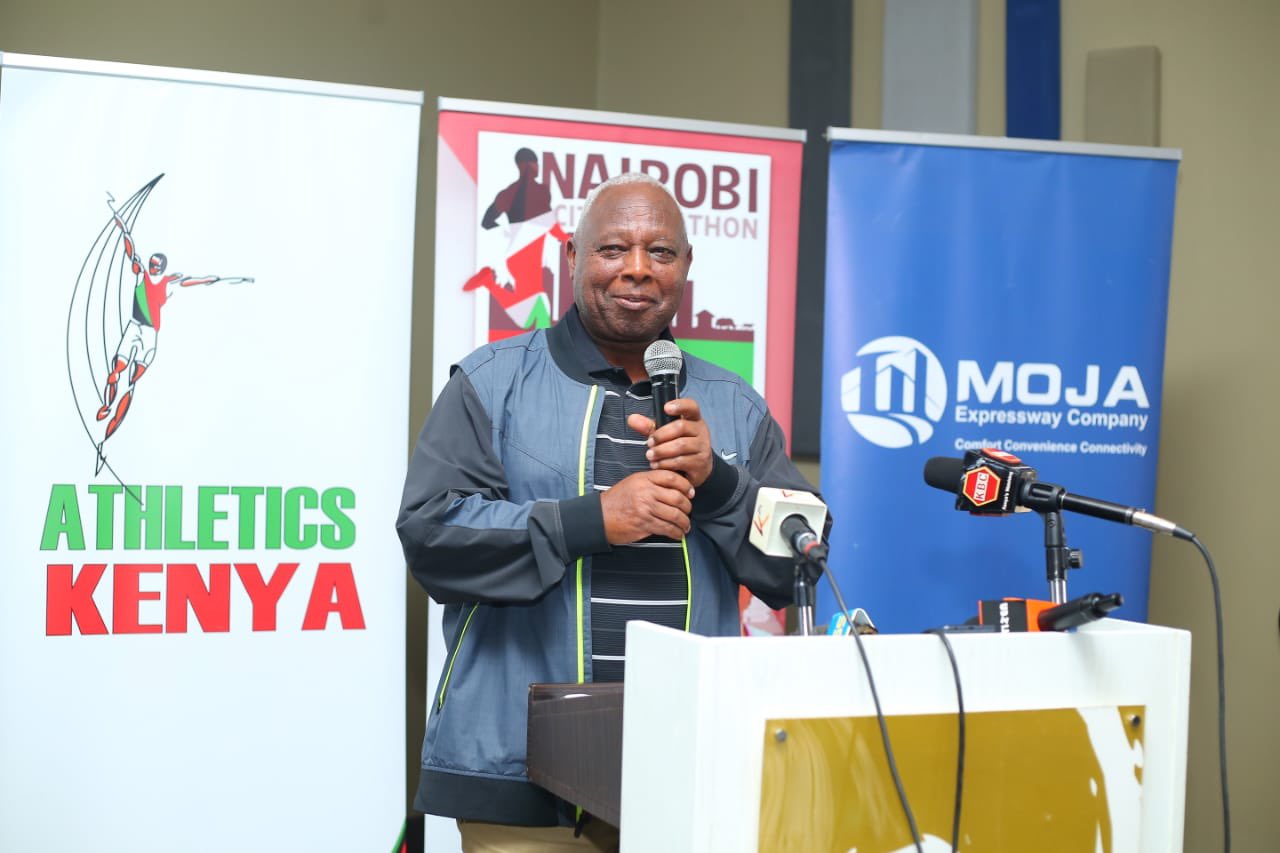400 Mombasa teachers set for training on robotics, coding
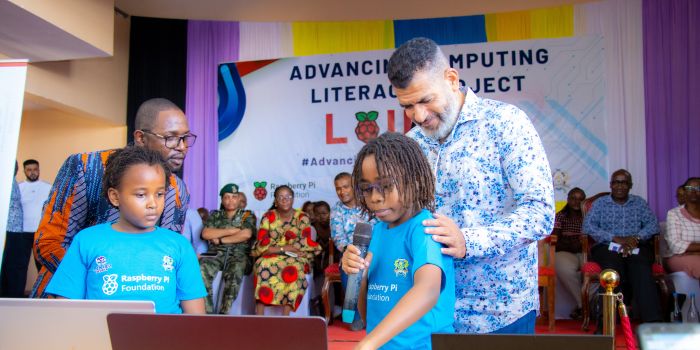
By Farhiya Hussein |
The initiative aims to tackle the increasing demand for digital literacy in schools and will involve the training of at least five teachers per school.
At least 400 teachers are set for training to integrate robotics and coding into the curriculum following the launch of the Advancing Computing Literacy Project.
The initiative, launched at Khadija Primary School on Saturday, aims to tackle the increasing demand for digital literacy in schools and will involve the training of at least five teachers per school.
With a year-one budget of about Sh20 million, it is targeting 6,800 students in 85 schools in all of Mombasa's sub-counties.
The project is funded by the Raspberry Pi Foundation, a charity based in the UK that is affiliated with Cambridge University, the Mombasa County Government, and Tech Kidz Africa, which is the implementing partner.
The implementation plan involves weekly training sessions for teachers, focusing on practical application and integration into existing curricula.
A team of 22 teachers has been prepared to lead the training that is set to commence on Saturday. The plan is to train teachers in batches of 50, with the expectation that they will then empower their colleagues.
Paul Akwabi, head of partnership and business development at Tech Kidz Africa, stressed the importance of teaching teachers to code.
"This initiative isn't restricted to science and technology educators; it also includes teachers of mathematics, English, various sciences, and even agricultural subjects," he said on Sunday.
"It is about integrating technology into education, recognising that technology doesn't operate independently but is interwoven with various sectors."
Akwabi further stated that the project's broader goal is to introduce students to robotics, animation, artificial intelligence, and cybersecurity.
The majority of teachers use ICT primarily for projecting notes on walls, he said, noting that this demonstrates the need for tech experts to explore more advanced technological tools.
“This is crucial in the era of artificial intelligence, where complexity is the norm, requiring educators to adequately equip learners for the future.”
Akwabi said the project aims to help 90 per cent of public schools and 10 per cent of privately-owned community schools.
"Because government policies, structures, processes, and curriculum approval can be time-consuming, the private sector aims to complement these efforts by accelerating the educational transformation envisioned by the government, the Ministry of Education, and the Teachers Service Commission.," he said.
While noting a gap between academia and the ed-tech industry, the Tech Kidz official outlined the project's strategy to use existing resources, such as personal smartphones, to supplement traditional teaching tools.
This approach aims to make computing education more accessible and cost-effective.
Akwabi emphasised the importance of tracking teachers' progress and ensuring sustained implementation of newly acquired skills.
Governor Abdulswamad Nassir commended the initiative, emphasising the need to prepare students for a digitally driven future but also noting the need to mitigate negative impacts.
Mombasa County's Education executive Mbwarali Kame highlighted the transformative potential of technology in education and highlighted the project's role in fostering creativity, adaptability, and critical thinking skills among learners.









